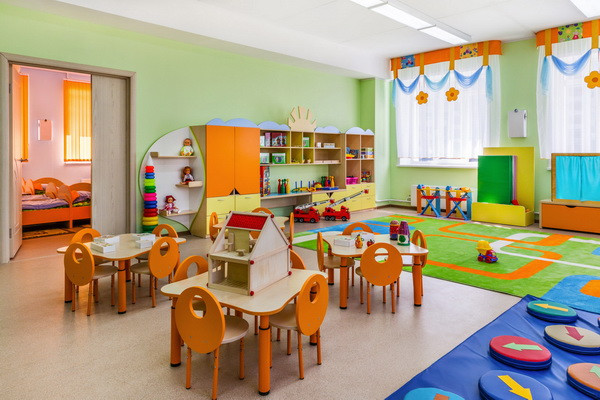
Expansion of Kindergartens in Uzbekistan Boosted Women’s Employment by 12% — World Bank Study
Expansion of Kindergartens in Uzbekistan Boosted Women’s Employment by 12% — World Bank Study
Tashkent, Uzbekistan (UzDaily.com) — From 2018 to 2022, Uzbekistan implemented a large-scale program to expand its preschool education system, which, according to a new study, has become a significant factor in increasing women’s employment. The research was conducted by World Bank economists Chiyu Nyu and Avralt-Odom Purevzhav, along with Dilnovoz Abdurazzakova from the Central European University.
At the start of the reform, Uzbekistan — a country with a population of about 37 million — had one of the lowest preschool enrollment rates in the world: in 2017, only 27% of children aged 3 to 7 attended kindergartens. Over the following years, the situation changed dramatically: the number of preschool institutions tripled, and by the end of 2024, coverage reached 76%. As a result, thousands of families, both in urban and rural areas, gained the opportunity to send their children to kindergartens located close to their homes.
“At first glance, it might seem unnecessary to develop a formal childcare system when informal support from relatives is available. However, the results turned out to be unexpectedly profound and transformative,” the authors emphasize.
To assess the impact of the reforms, data from the national household survey Listening to the Citizens of Uzbekistan (L2CU), which the World Bank conducts monthly, was used. By comparing this information with employment figures and the availability of preschool institutions, the researchers were able to isolate the effect of the education policy by contrasting regions where the kindergarten network expanded with those where no changes occurred.
The results showed that increased preschool coverage led to a 12% growth in women’s employment, equivalent to a 3.3 percentage point increase. This is a significant achievement for a country where women traditionally face greater difficulties finding jobs.
However, the key factor was not only the “freed-up time.” As the researchers note, families in Uzbekistan view kindergarten as an important investment in their children’s future. Although the fees for attendance may amount to between a quarter and two monthly salaries of a woman, parents are willing to bear these costs for quality education. Under such conditions, women start working not simply because they can, but because they want to provide a better future for their children.
This effect is especially pronounced in families that highly value education. Thus, women’s labor participation is not a compromise between career and family, but a conscious effort to improve the living conditions of future generations.
Interestingly, the reform’s impact extended further than expected: other women in multigenerational families — grandmothers, aunts, older sisters — began to join the economically active population. This led to a new distribution of childcare responsibilities and expanded economic opportunities for women of all ages.
The study’s authors highlight that Uzbekistan’s experience may be useful for other countries. It shows that even in societies where traditions of informal childcare are deeply rooted, access to preschool education can remove critical barriers. Moreover, such investments are perceived by the population as contributions to human capital, capable of transforming socio-economic dynamics.
However, the research also points out persistent challenges. Despite successes, women’s economic participation remains 28 percentage points lower than that of men. Among young women, unemployment reaches 15.5%, and 42% of girls neither study, work, nor receive training — compared to just 8.8% among young men. The gender pay gap stands at 34%, exceeding the global average of 20%.
For sustainable progress, the researchers stress that developing the preschool education system must be combined with job creation measures. Only a comprehensive approach will consolidate the gains achieved and ensure women’s equal access to economic opportunities.
“Uzbekistan’s experience demonstrates that when reforms are based on data analysis and real population needs, they can lead to tangible changes. By continuing to invest in education and employment, the country can open the path to economic independence for women and their families,” the authors conclude.
According to a country gender assessment conducted by the World Bank with support from the UK government, if women in Uzbekistan participated in economic activities on par with men, the country’s national income would increase by 29%.